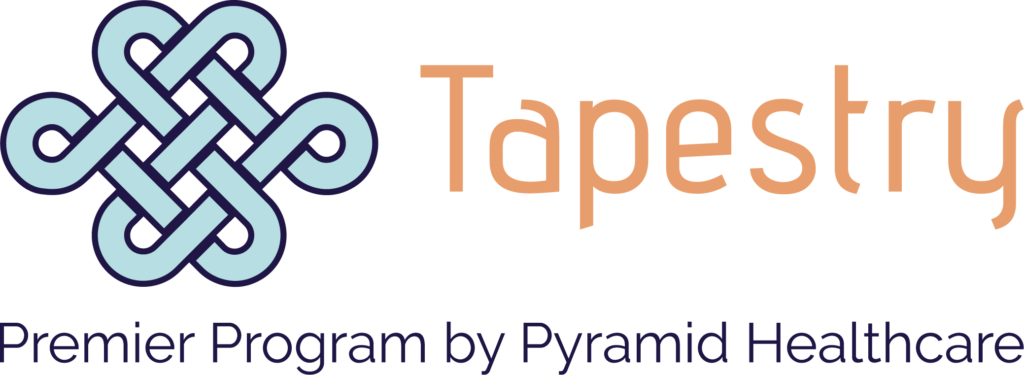PHP in Asheville, NC
Asheville Partial Hospitalization Program
Day Hospital Treatment for Mental Health and Eating Disorders
A partial hospitalization program (PHP) is an option for those struggling with an eating disorder whose health status doesn’t necessitate an inpatient hospitalization, but still need a higher level of care. Medical experts may also call partial hospitalization programs “day hospitals”. Sometimes, a person will choose a PHP after they completed an inpatient hospitalization or residential treatment program.
A partial hospitalization program is a good fit for a person who fits the statements:
- I feel like I need to be monitored closely during the day and also need help and support for my meals.
- I have tried outpatient care before, and I have relapsed with my eating disorder and/or mental illness.
- I am currently medically stable.
- I have just completed an inpatient hospitalization stay and would like further support.
- I have a supportive family or other social support system where I can stay at night.
Some of the key aspects of a PHP may include eating two supervised meals and snacks daily, participating in nutritional counseling, and participating in individual and group therapy sessions. The behavioral health approaches used in counseling will often depend upon the facility type providing care. If a minor is participating in this type of care, a person’s parents may also participate in therapy sessions for about 10 to 15 hours out of the week.
Does PHP Take Place at a Hospital?
A partial hospitalization program does not usually take place at a hospital, unless the hospital also has day programs as a part of its care offerings. This may be the case with some larger, academic facilities. For the most part, partial hospitalization programs will take place at a treatment facility.
How Long Does a PHP Program Last?
Partial hospitalization programs can vary in length based on the center providing care and a person’s unique needs. A person may attend the program anywhere from five to seven days a week for a time period of 6 to 10 hours a day. Some people may participate for two weeks while others may choose to continue in the program for many weeks. A person can ask their intake counselor about how long they may expect to stay in the partial hospitalization program, all with the knowledge that they could require more or less time depending upon their progress.
For more information about our outpatient treatment programs in Asheville and western North Carolina, call (828) 490-4032 today.
PROFESSIONAL STAFF TO CARE FOR OUR CLIENTS
Tapestry staff members bring decades of combined experience providing empathetic, effective treatment for eating disorders and behavioral disorders.
AN EVOLVED APPROACH TO BEHAVIORAL HEALTHCARE
Through years of experience, we know that these conditions are rarely isolated. We understand that disordered eating and co-occurring disorders are often the result of underlying mental health issues such as trauma, depression and anxiety disorders.
FOUR BEAUTIFUL TREATMENT FACILITIES
Each aspect of our facilities is designed to put you at ease and make you feel as at home as possible.






